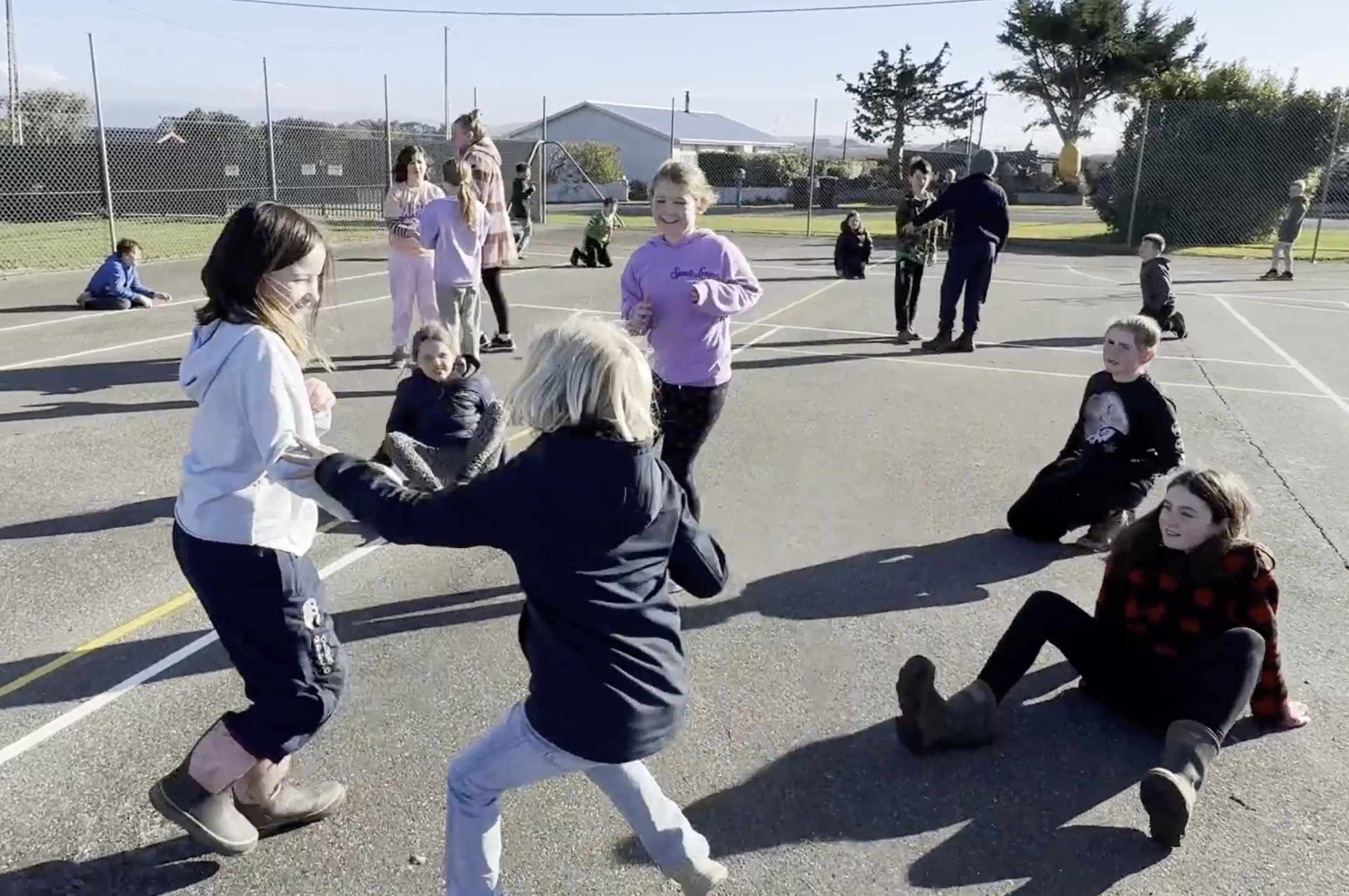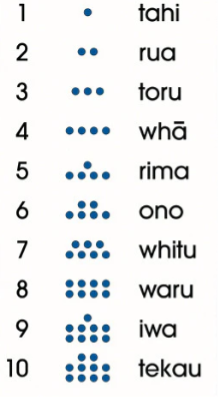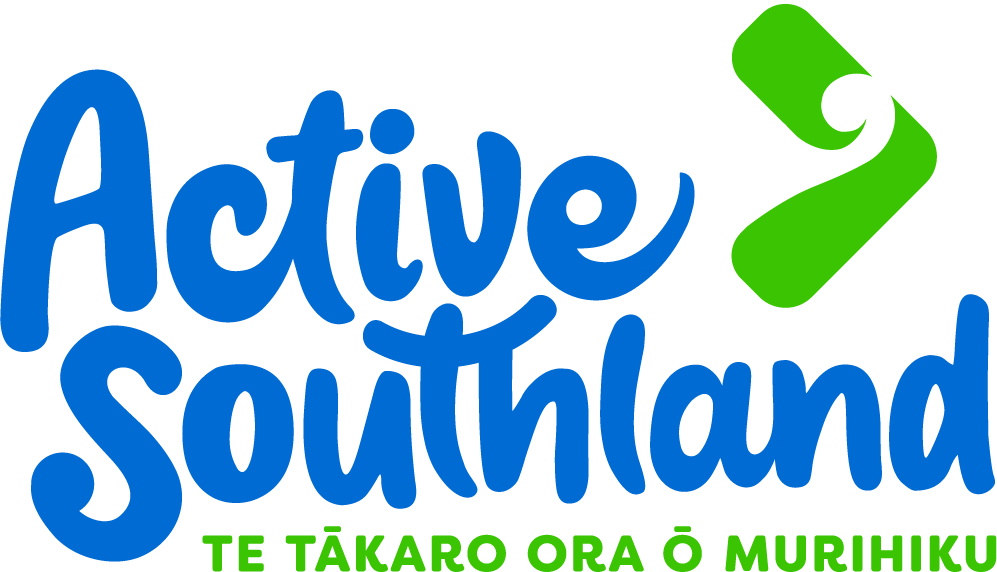
RESOURCE BANK
Games that can be taught to tamariki using the English language, then once they have the understanding of how to play the game, te reo Māori is introduced to support tamariki learning the language.
A great game to get Tamariki physically active, while promoting listening skills.
Below is a list of actions that can be used for Captains Coming. Start with a couple of actions and build up to more over time.
Maui – left
Matua – right
Mua – forward
Muri – back
Compas directions
- Tai tokerau – North
- Tai tonga – South
- Tai rawhiti – East
- Tai hauaru – West
Peke – jump on the spot
Peke whetu – star jump on the spot
Huri huri – turn on the spot
Karoro – seagull
Piki – climb
Horoi – clean
Takahia – stomp
Hikoi – march/walk
Piu – skip
Oma – run
Hitoki – hop
Pukana – poke your tongue out.
Add in other actions based around what your Tamariki are learning.
Goal
To touch the cone first when you hear the leader say “cone”
Set Up
Create a straight line of cones (one cone for every two players in the group).
On either side of the cones, create two lines of players. Each cone should sit on the ground in between a pair of students who are facing each other.
How to Play
To start the game, the leader calls out one of three instructions
“Head,” “Shoulders,” or “Knees”
Players respond by placing both hands on the named body part
The leader continues to call out one of the three instructions in a varying order, before giving the last instruction, “Cone!”
Players then race to grab the cone, the first player to grab the cone wins.
To encourage new partners and relationships, after calling “Cone” the leader can have players rotate by asking everyone from one line to move down one cone to face a new partner. The player at the end of the line would then move to the front.
Variations
Players can play either standing, sitting with legs crossed or in the prone hold position.
Add more body parts eg Toes, Head, Ears
Create your own instructions to replace head, shoulder, and knee instructions.
Speed up the pace that students receive instructions.
Mahunga - head
Pakihiwi – shoulders
Turi – knees
Koeko – Cone
Matiwae – toes
Taringa – ears
Waewae – legs
Waha – eyes
Whatu – mouth
Ihu - nose
Variation: Movement directions
Runga – up
Raro – down
Waho – in
Roto – out
Maui – left
Matau – right
Mua – forward
Muri – back
See in action


Rock beats scissors, scissors beat paper, and paper beats rock.
There are many variations of paper, scissors, rock:
Pepa – paper
Kutituti - scissors
Toka – Rock
Puhi - shoot
Within your group of players, designate one person to be Simon. Whomever is chosen to be Simon will then face the rest of the players - the listeners - in the group.
The game begins when Simon gives commands to the group of listeners. Simon’s commands can be given in two different ways: beginning a command by saying “Simon says”, i.e., “Simon says hop on one foot” or simply stating the command, “Stand on one foot”. Simon’s goal is to eliminate as many listeners as possible, until there is one listener remaining as the winner.
Listeners must listen closely to what the leader, Simon, commands them to do. If Simon gives a command by first stating, “Simon says…” the listeners must obey Simon’s command. If Simon gives a command without first saying, “Simon says…” the listeners should not obey the command.
Mahi Penei – do this
Mahi Pena – do that
INVERCARGILL
Active Southland, ILT Stadium Southland, Surrey Park Road, Invercargill 9810
Active Southland, PO Box 224, Invercargill 9840
03 211 2150 | active@activesouthland.co.nz
GORE
Gore Multisports Complex 20 Wayland Street West (off Robertson St) Gore
Gore Multisports Complex P O Box 8 Gore


 Admin Login
Admin Login